Reference Aid - academic reference generator
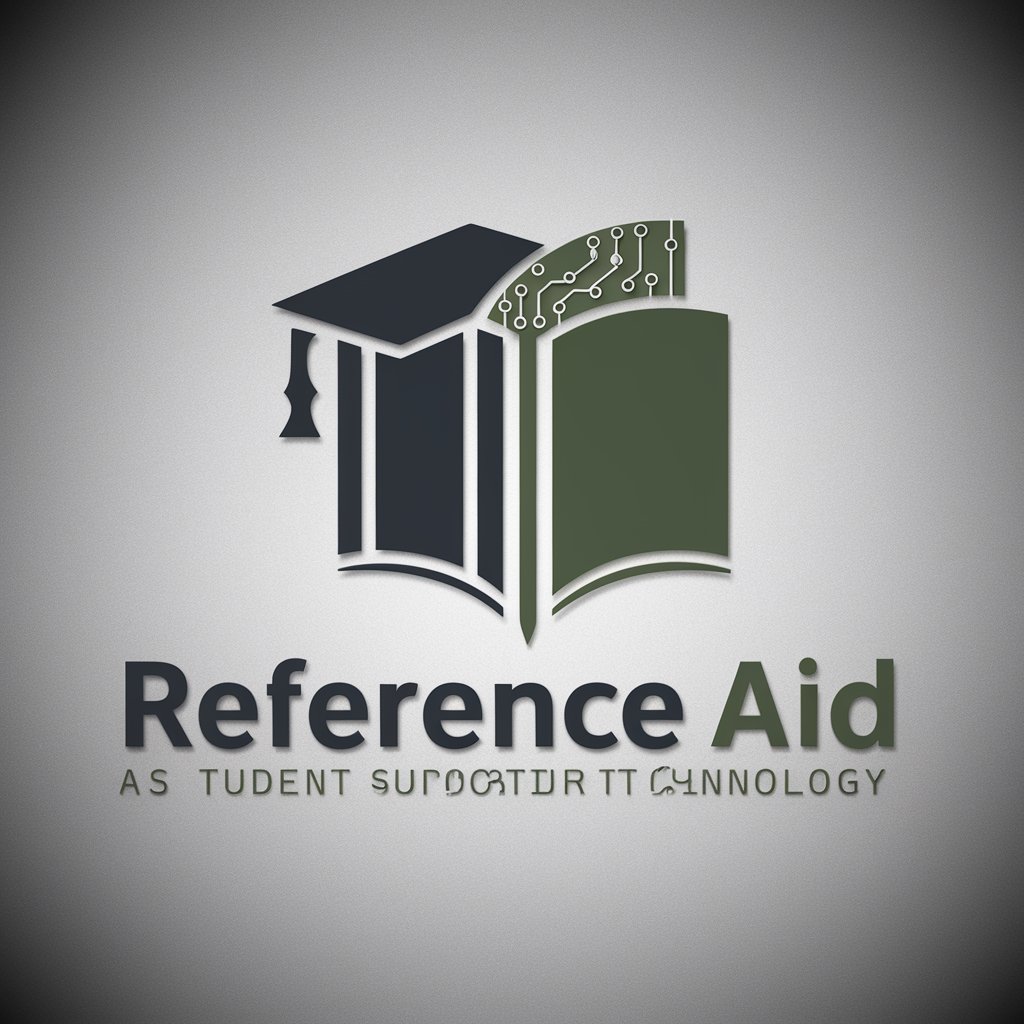
Hello! Need help with research? I'm here to assist.
Empower Your Research with AI
Can you help me find academic references on...
I need credible sources for my research on...
What are some recent studies about...
Could you guide me on how to write an introduction for...
Get Embed Code
Overview of Reference Aid
Reference Aid is designed as a specialized tool aimed at enhancing research efficiency primarily for students and academics. Its core function is to assist users in sourcing and citing academic materials accurately and efficiently. This tool leverages advanced search technologies to access a broad range of academic journals and credible sources, ensuring that the information provided is not only relevant but also current. For example, if a user uploads an essay on climate change, Reference Aid would not only suggest the most recent and relevant articles and papers but also provide precise citations in the requested format, be it APA, Harvard, or another style. Powered by ChatGPT-4o。

Key Functions of Reference Aid
Advanced Research Assistance
Example
Providing up-to-date academic references and data for a thesis on renewable energy technologies.
Scenario
A graduate student is preparing a thesis and requires the latest studies on solar panel efficiency improvements. Reference Aid would use its browser tool to access and extract specific articles from databases like JSTOR or ScienceDirect, offering the student a list of sources along with properly formatted citations.
Tailored Citation Formatting
Example
Automatically generating citations in different styles as per the user's requirements.
Scenario
An undergraduate student writing a paper on Shakespearean literature needs citations formatted in MLA style. After identifying key sources, Reference Aid provides each reference in the correct MLA format, saving the student time and ensuring citation accuracy.
Contextual Understanding and Assistance
Example
Analyzing uploaded documents to understand the context and specificity of the research inquiry.
Scenario
A user uploads a draft review on the topic of artificial intelligence in healthcare. Reference Aid analyzes the document, identifies the central themes and questions, and suggests a list of new, relevant sources that the user might not have considered, enhancing the depth and breadth of the review.
Ideal Users of Reference Aid
Students
Students, from undergraduates to PhD candidates, who are engaged in writing research papers, theses, or dissertations. They benefit from streamlined access to relevant, peer-reviewed articles and the ability to quickly format citations correctly, which enhances the quality of their academic work and compliance with academic standards.
Academic Researchers
Researchers and academics who need to stay updated with the latest studies and publications in their field. Reference Aid helps them locate and cite current research, thereby aiding in the preparation of literature reviews, journal articles, and grant proposals.
Librarians and Information Professionals
This group benefits from using Reference Aid to assist patrons in finding and organizing academic resources efficiently. It serves as a tool to enhance their service capability by providing quick access to a wide array of academic databases and citation tools.

How to Use Reference Aid
Step 1
Visit yeschat.ai for a trial without needing to login, and there's no requirement for ChatGPT Plus.
Step 2
Select the Reference Aid option to start your session, ensuring you have a clear research topic or question in mind.
Step 3
Type your research query or upload your assignment document directly into the tool.
Step 4
Specify any citation style you require, such as APA or Harvard, for the tool to use in generating references.
Step 5
Review the provided sources and references, and use the ‘Ask for more details’ feature if deeper insight is needed.
Try other advanced and practical GPTs
Rowing Reference
Revolutionize Rowing with AI

GPT Image Trading Chart Signal
Empowering Traders with AI Insight

Digital Signal Processing Tutor
Master DSP with AI-powered guidance
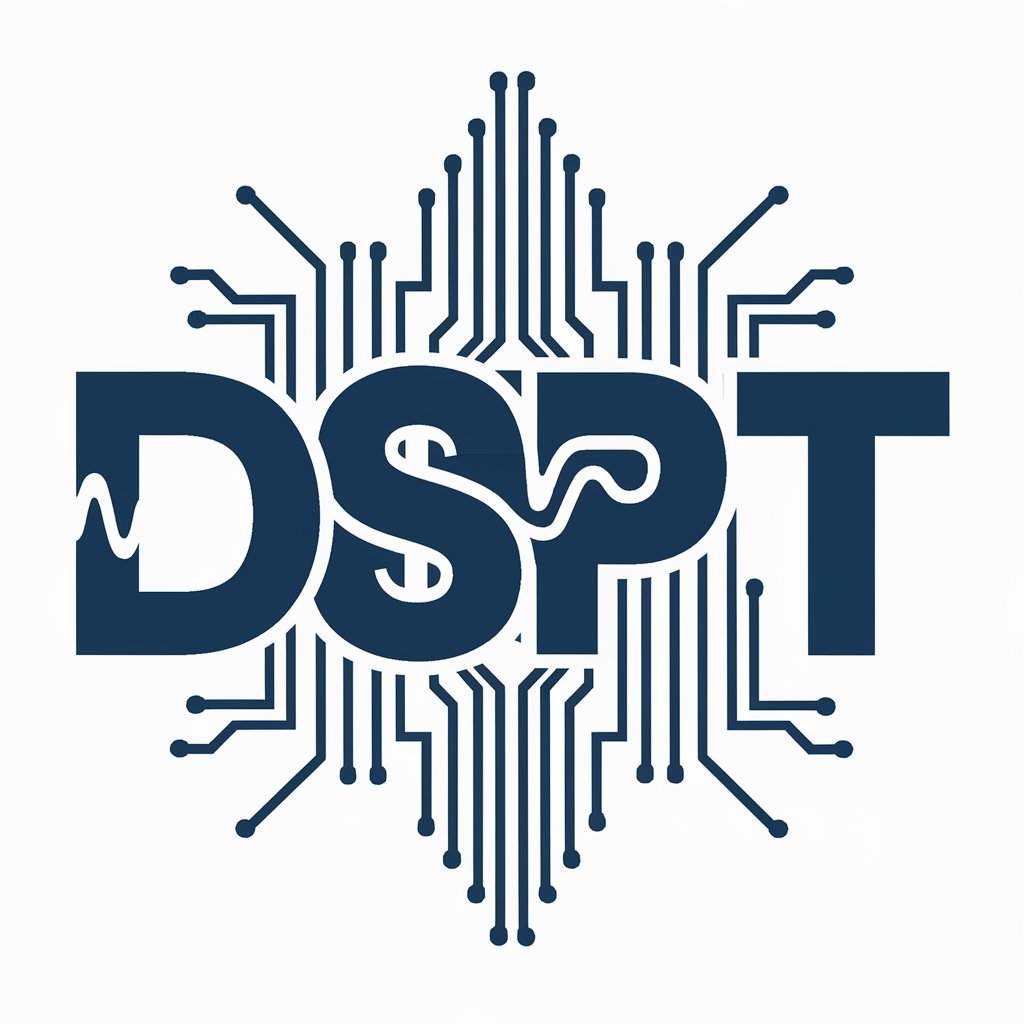
Signal Savvy
Empowering DSP projects with AI
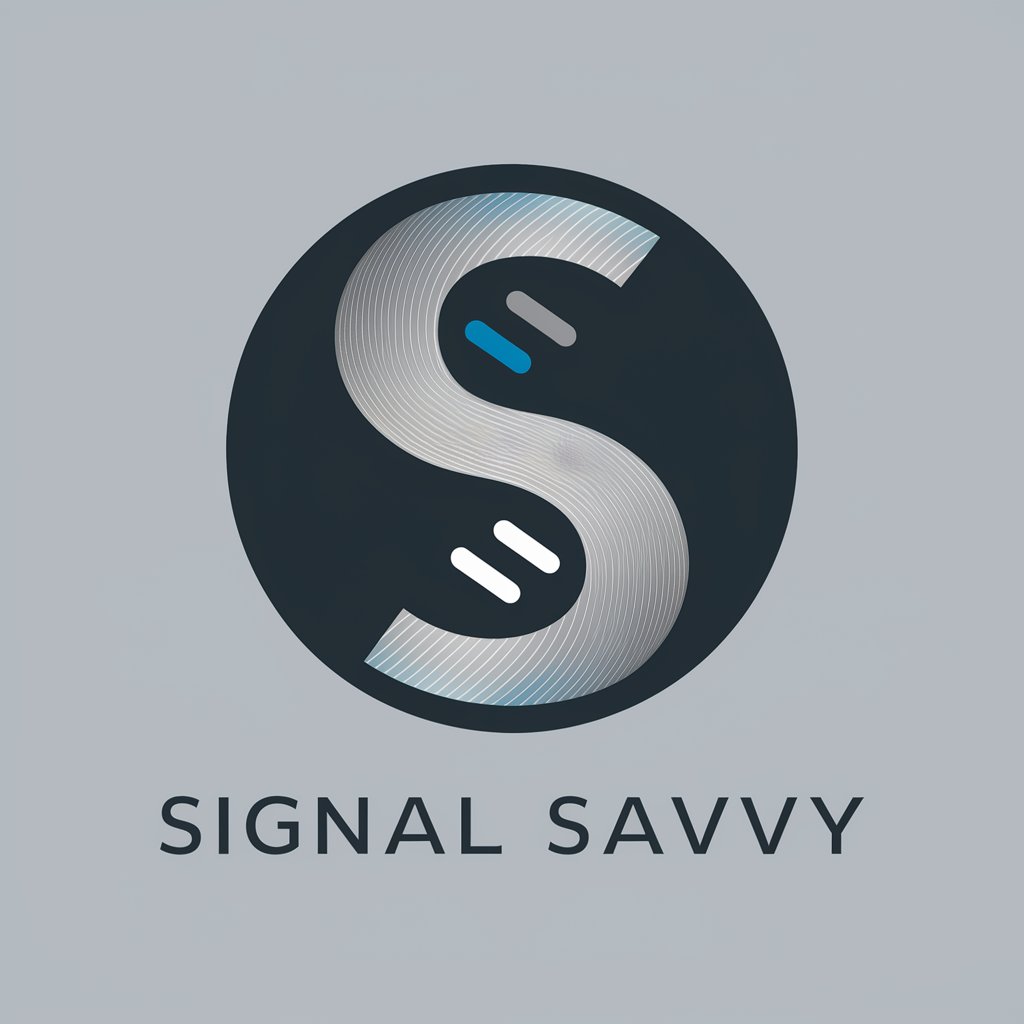
Signal Scout
Empowering Your Investment Decisions with AI

Signal Sensei
Master signal processing with AI-powered assistance

Reference Finder
Empowering research with AI-driven insights
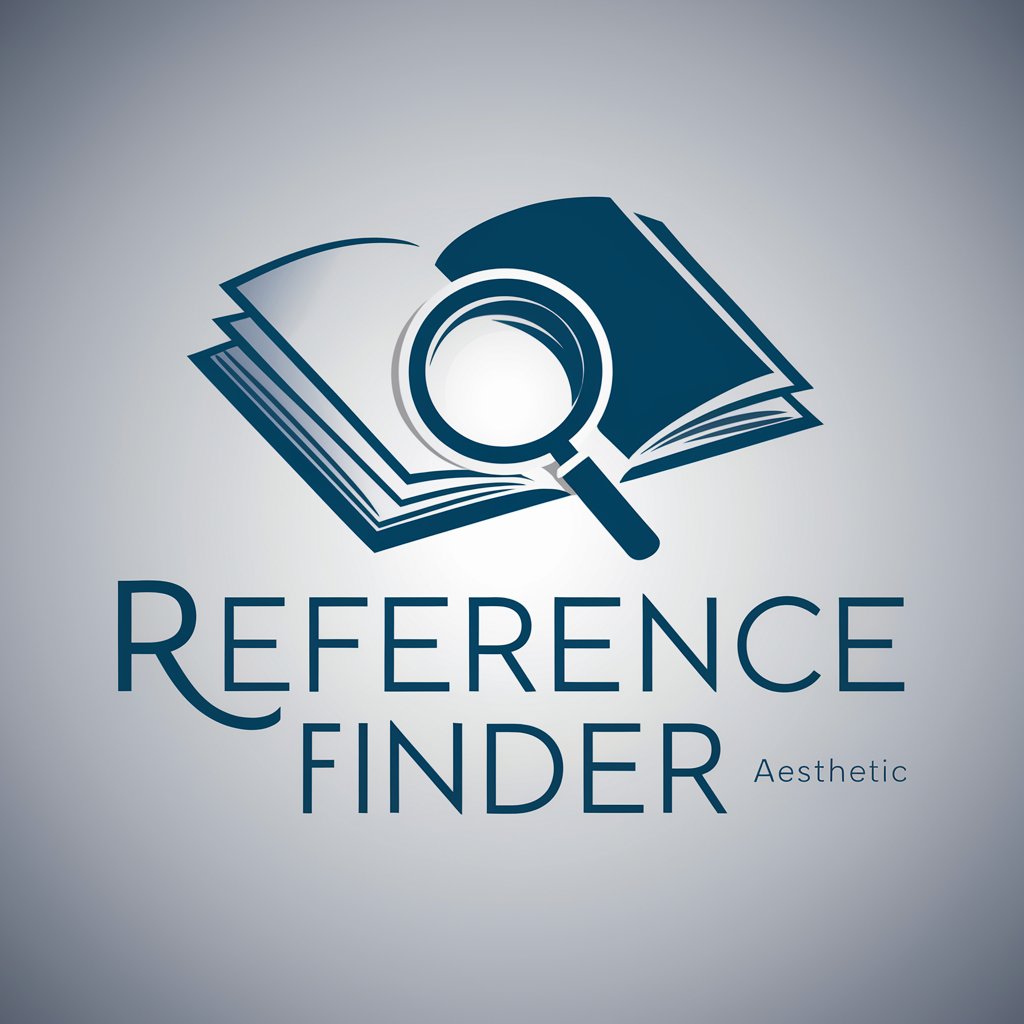
Reference Finder
Empower your research with AI-powered sourcing.
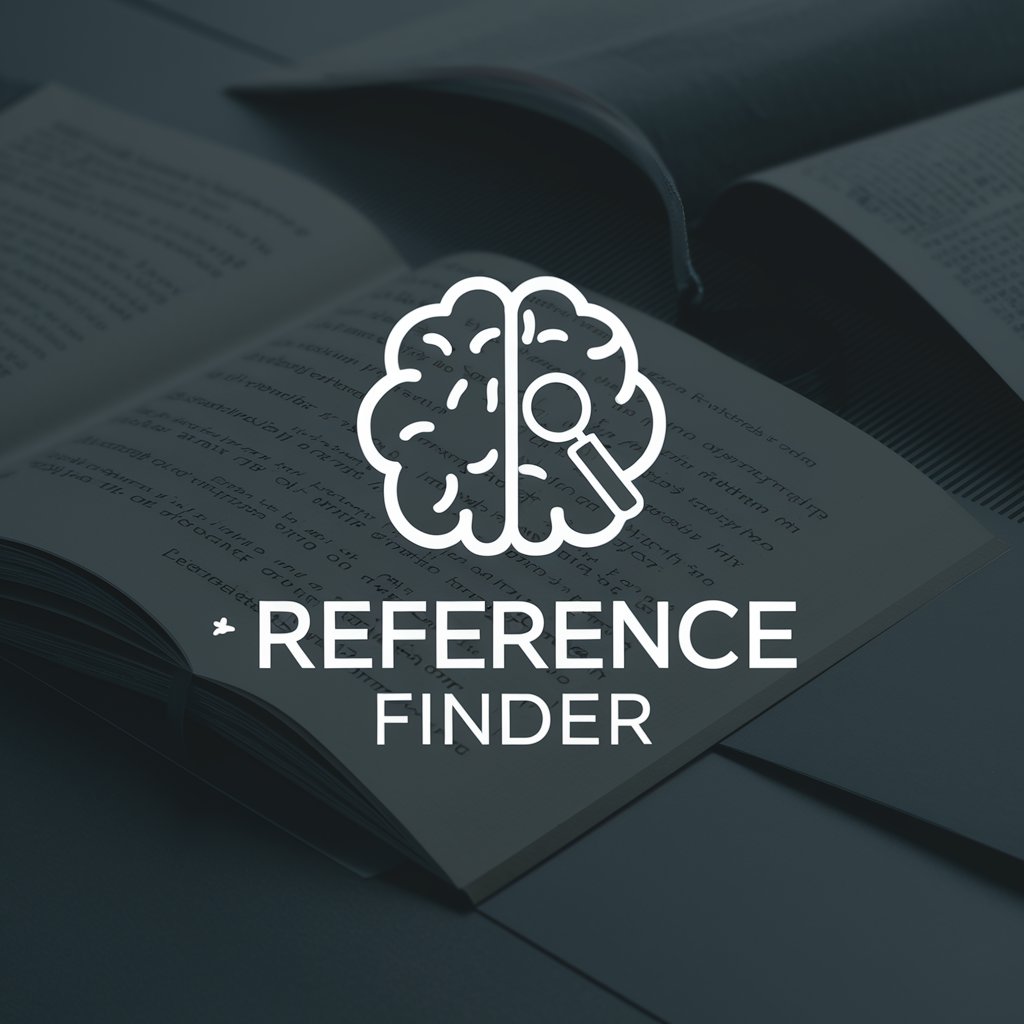
THE SHADE - Black Film & TV Critic
Empowering Black Media Critique with AI

Shades
Empower Your Words with AI

Eclipse Shade
Crafting Shadows into Art
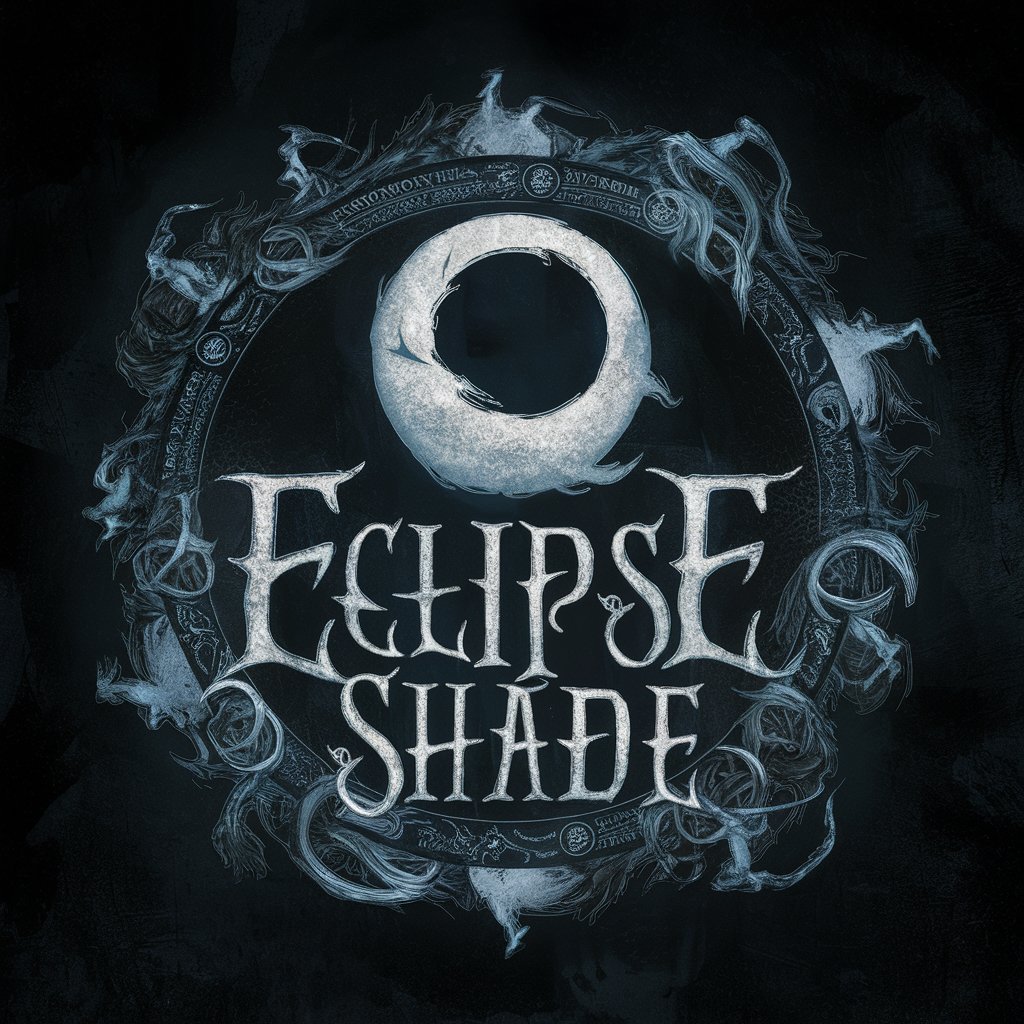
Horse Owner's Companion
Smart Equine Care Partner

Frequently Asked Questions about Reference Aid
What makes Reference Aid different from other research tools?
Reference Aid specializes in offering academically credible references from journals and credible sources, tailored to the citation style requested by the user.
Can Reference Aid help with non-academic content?
While primarily designed for academic research, Reference Aid can also assist in gathering and citing sources for professional writing that requires credible references.
Does Reference Aid offer support for multiple citation styles?
Yes, Reference Aid supports various citation styles including APA, Harvard, MLA, and Chicago, among others, allowing users to receive references formatted according to their specific academic or publishing requirements.
How current is the information provided by Reference Aid?
Reference Aid accesses the most current databases and academic journals, ensuring that the information provided is both recent and relevant.
Is Reference Aid suitable for all academic disciplines?
Yes, Reference Aid is versatile enough to cater to a broad range of academic fields, from sciences and engineering to humanities and social sciences.
